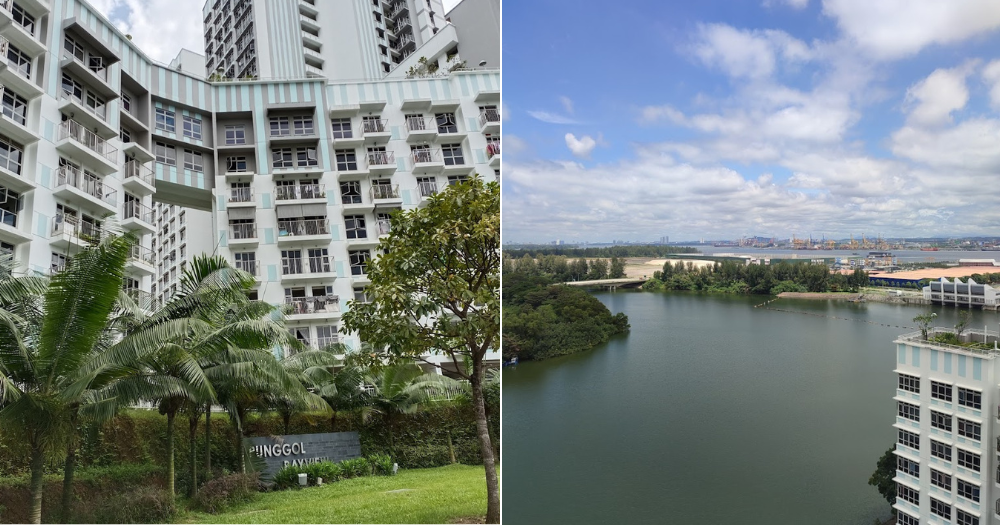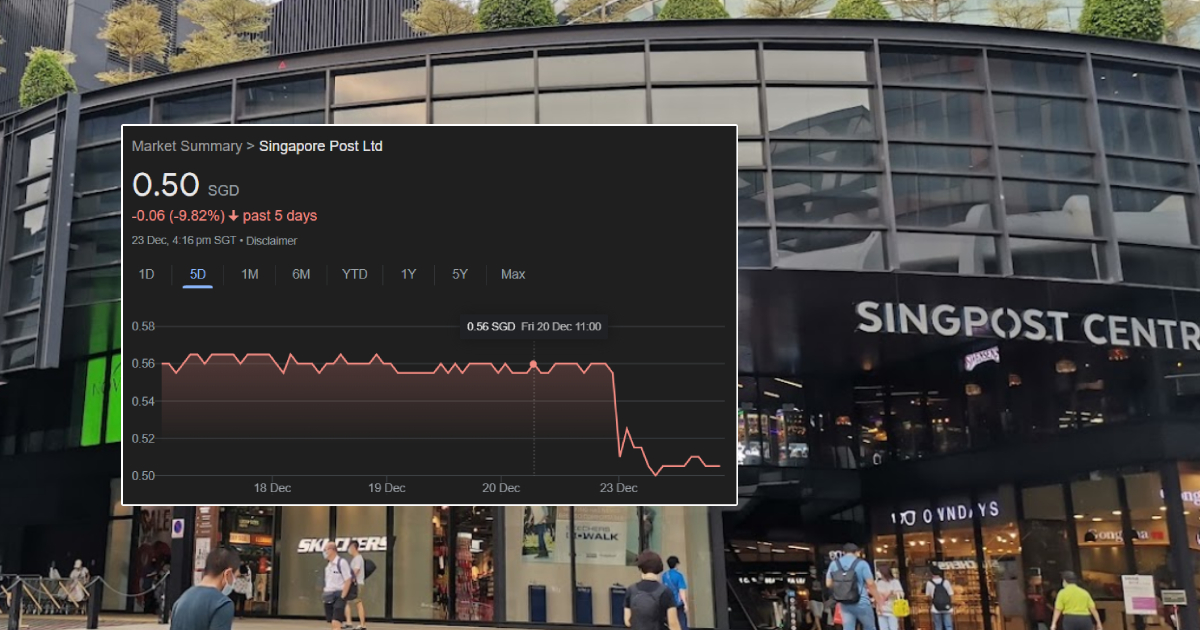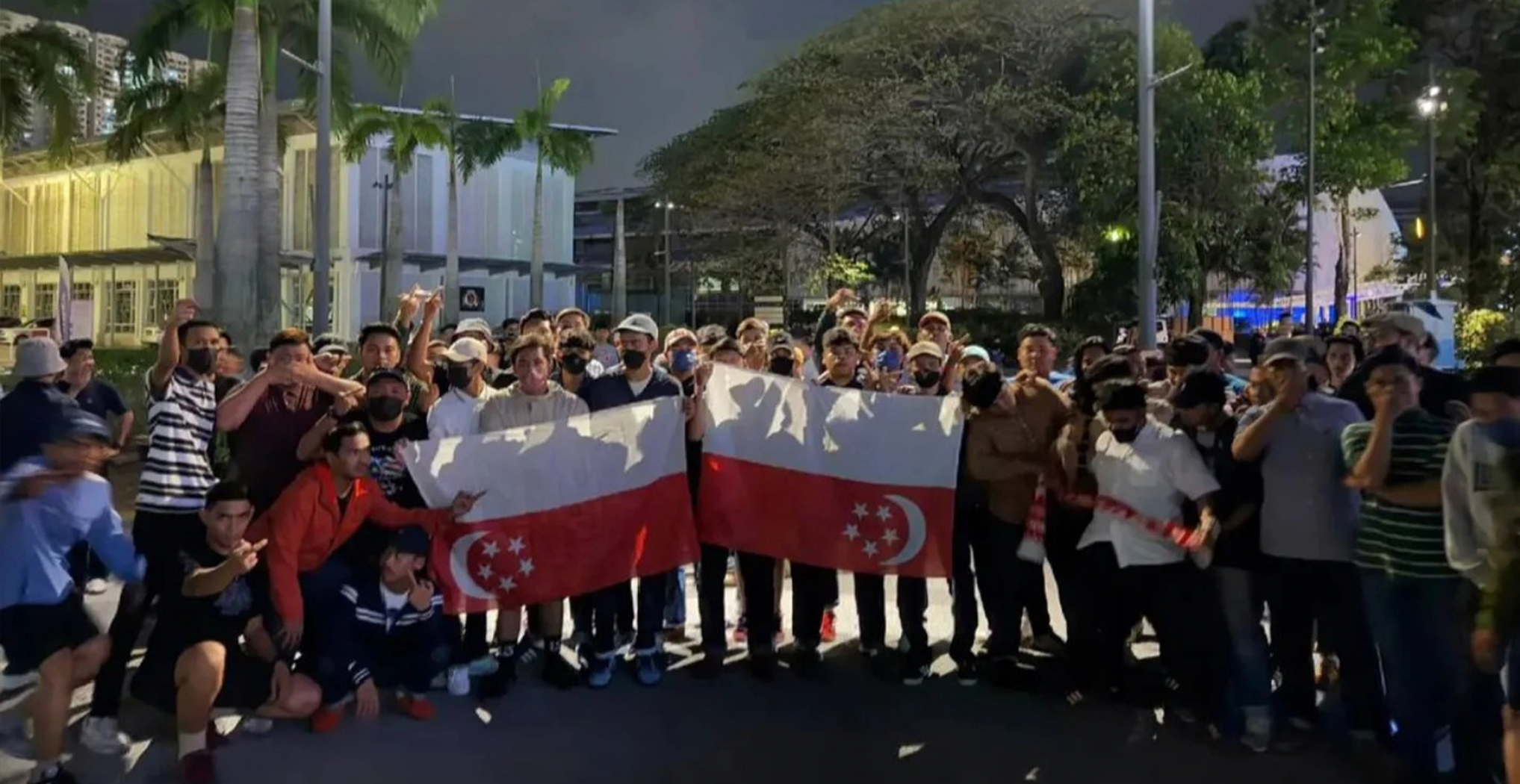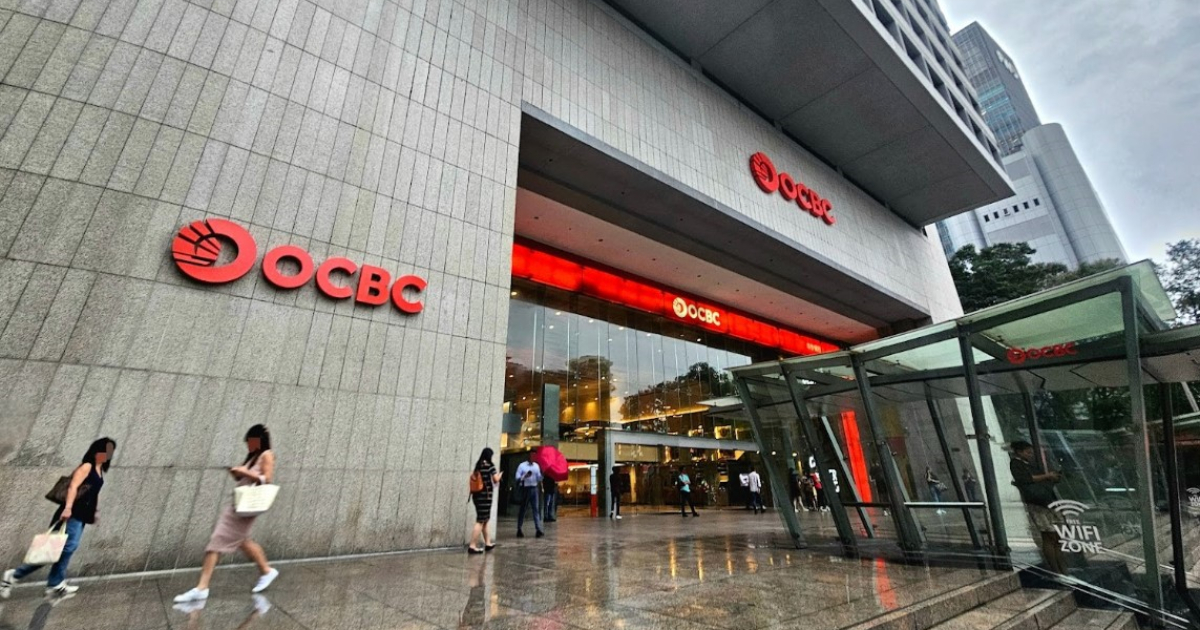POFMA correction direction issued to Bloomberg over Good Class Bungalow article
Bloomberg will be required to carry a correction notice.
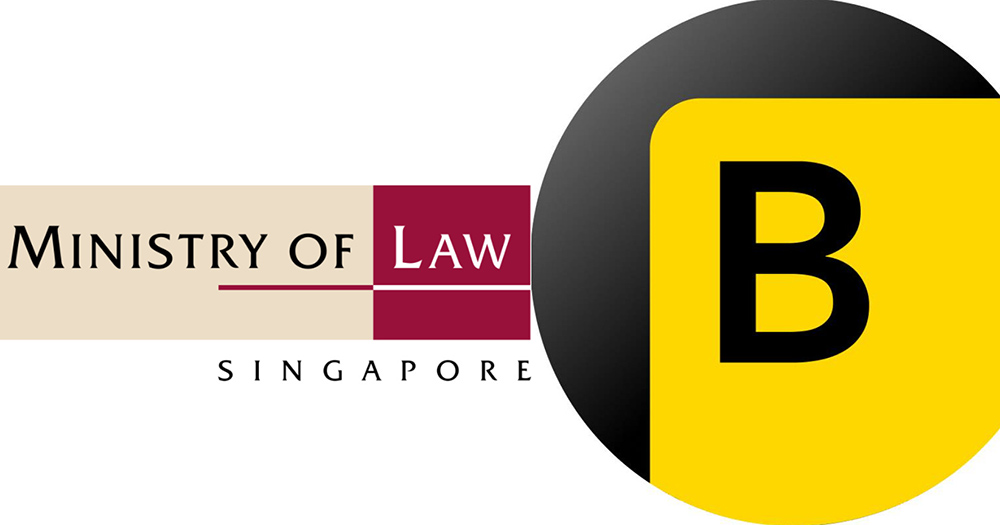
Correction Directions, under the Protection from Online Falsehoods and Manipulation Act (POFMA), have been issued against Bloomberg and other publications by the Second Minister for Law, Edwin Tong.
According to a press release by the Ministry of Law on Dec. 23, 2024, the directions were issued over articles and posts that communicated false statements of fact about transactions related to Good Class Bungalows (GCBs).
The Ministry of Law cited a Bloomberg article that was published on Dec. 12, 2024 and shared to its Facebook and X (formerly known as Twitter) accounts.
This article was also republished in full by the The Edge Singapore on the same day, and reposted to its Facebook account.
The ministry also cited articles by The Independent Singapore and The Online Citizen, both of which were also published on Dec. 12, 2024 and reposted on their Facebook accounts.
The Online Citizen also shared its article on its Instagram account.
What do the Correction Directions entail?
Under the Correction Directions, Bloomberg, The Edge Singapore, The Independent Singapore and The Online Citizen will respectively be required to carry correction notices against the original article and posts, or in a specified online location where the article or post has been removed.
These notices will state that the said articles or posts communicated false statements of fact and provide a link to the government’s clarification.
"This will allow readers to read both versions and draw their own conclusions," the Ministry of Law said.
What did the Bloomberg article say?
According to the government's fact-checking website, Factually, Bloomberg had "communicated" the falsehood that there are no publicly available government records of GCB sale transactions, if caveats are not lodged.
According to the URA, a caveat is a legal document lodged with the Singapore Land Authority by a purchaser to protect their interests after an option to purchase is exercised or a Sales & Purchase Agreement is signed.
In addition, the article further communicated the falsehood that the identity of the ultimate beneficial owner need not be disclosed to the government, and the government is therefore not aware of the ultimate beneficial owner’s identity, in GCB property transactions bought using a trust arrangement or shell company.
The article also communicated the falsehood that GCB property transactions can be carried out without any checks by the government on the identities of the ultimate beneficial owners.
Property ownership and transfers information available via SLA portal
Factually clarified that information on property ownership and transfers, including for all GCBs, is available on the Integrated Land Information Service portal (INLIS) which is managed by the Singapore Land Authority (SLA).
This is regardless of whether a caveat was lodged for the sale transaction.
Caveats are also not intended for tracking property transactions or ensuring transparency.
The purpose of a caveat is to protect the interest of the purchaser, mortgagee or other parties that hold a legal right in the property and are lodged voluntarily by parties who wish to protect their interest in a property.
Govt has clear disclosure requirements on identities/citizenship of purchasers, ultimate beneficial owners for all landed residential property transactions
The government also has clear disclosure requirements on the identities and citizenship of purchasers and ultimate beneficial owners for all landed residential property transactions, including GCB transactions.
This is regardless of whether a caveat is lodged for the transaction, and regardless of whether the purchase is made by an individual, an entity, or through a vehicle such as a trust or company, including a shell company.
SLA also requires the purchaser’s identity and citizenship to be declared when lodging the instrument of transfer at the Land Titles Registry, as part of the sale process for landed residential properties, including GCBs.
Requirements for landed residential property transactions
In addition, for all landed residential property transactions made through trust arrangements, solicitors are required to produce a copy of the trust deed to SLA. SLA checks and verifies the identity of the ultimate beneficial owner.
For all landed residential property transactions where the purchaser or beneficial owner is a company, the applicant has to meet strict requirements before it can obtain a Clearance Certificate to purchase the landed residential property.
The company must be incorporated in Singapore and all their directors and members must be Singapore Citizens or Singapore entities as defined under the RPA.
In addition, Singapore-incorporated companies are required by the Companies Act 1967 to maintain accurate and up-to-date information on their beneficial ownership.
Bloomberg article also falsely claimed that primary responsibility to combat money laundering in property transactions is left to property agents
Factually also pointed out that another falsehood communicated by the article is that the primary responsibility to combat money laundering is left to property agents and other service providers.
Another falsehood by Bloomberg is that for GCB property transactions, there is no publicly available government record of the GCB transaction if no caveat is lodged, and there is also no requirement to disclose to the government the identity of the ultimate beneficial owner in a trust arrangement or shell company.
This therefore allows parties (including ministers and rich migrants) to transact such properties in a way facilitative of money laundering, which is false, Factually said.
Government has the primary responsibility to combat money laundering in property transactions
In response to these, Factually pointed out that the government has the primary responsibility to combat money laundering in property transactions, and has put in place an anti-money laundering framework to counter such risks.
This includes transactions made through trust arrangements and companies.
The government also requires regulated ‘gatekeepers’ in the private sector involved in property transactions to comply with the anti-money laundering framework's requirements to conduct checks to identify and verify the identities of their customers, including the beneficial owners.
Where there are higher risks, gatekeepers must also verify the sources of wealth of their customers.
The financial institutions involved are required to know the customers and purpose of the transactions, and as needed, the sources of the funds. The requirements are similar to standards in leading financial centres.
Obligations are also imposed on lawyers handling the transactions, real estate salespersons, and estate agencies. These requirements and obligations are under law.
The government also requires these gatekeepers, including the financial institutions, to have processes in place to identify and file a Suspicious Transaction Report promptly with the Suspicious Transaction Reporting Office in the Commercial Affairs Department of the Singapore Police Force, upon detecting any suspicious activities that may be linked to criminal conduct in their interactions with their customers.
The government is responsible for analysing the information reported and taking enforcement action.
Letters of Demand for Bloomberg
Earlier on Dec. 16, Minister for Home Affairs and Law K Shanmugam and Minister for Manpower Tan See Leng announced via Facebook posts on Dec. 16 that they will be issuing "Letters of Demand" over "libellous statements" made in the Bloomberg article surrounding alleged property transactions.
They said they "take a serious view of the allegations" and have since "taken legal advice".
They added that action will be taken against those who have published "libellous statements about those transactions".
Top images via Ministry of Law/Facebook and Bloomberg/Facebook
MORE STORIES









